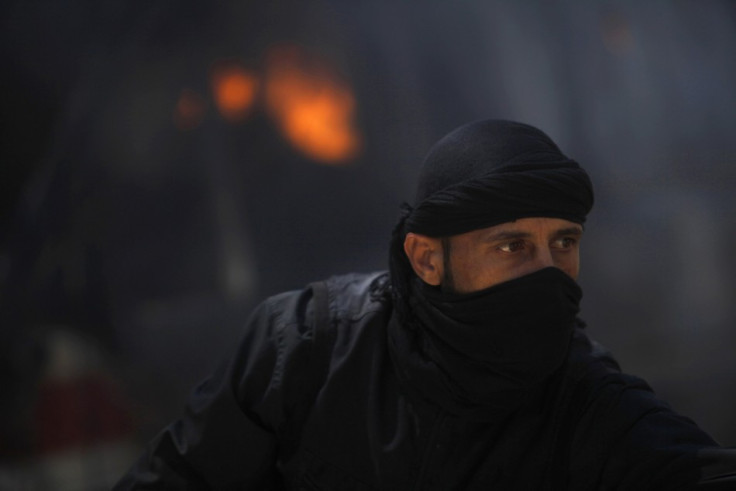Al-Qaida Cuts Ties with ISIS in Syria

Al-Qaida has severed ties with the Islamic State of Iraq and the Levant (ISIS) in what is believed to be a bid to reassert influence among rival Islamic groups in Syria.
Signed by the general command of the terror network, the statement said al-Qaida had "no links to the ISIS group".
"We were not informed about its creation, nor counselled," it added. "Nor were we satisfied with it. Rather, we ordered it to stop. ISIS is not a branch of AQ and we have no organisational relationship with it. Nor is al-Qaida responsible for its actions and behaviours."
ISIS, led by Abu Bakr al-Baghdadi, reportedly disobeyed orders from network leader Ayman al-Zawahri not to operate independently from a rival al-Qaida branch in Syria, the Nusra Front.
But Baghdadi dismissed Zawahri's orders and attempted to merge the two branches. Al-Nusra is regarded as al-Qaida's official proxy in Syria.
Al-Qaida also sought to distance itself from rebel infighting in the region and efforts to oust President Bashar al-Assad. "We distance ourselves from the sedition taking place among the mujahedeen factions [in Syria] and of the forbidden blood shed by any faction," al-Qaida said.
The jihadis should "realise the catastrophe that happened to the jihad in Syria and the future of this Muslim nation" and urged them to stop fighting.
ISIS and al-Nusra, blacklisted as terrorist organisations by the United States, emerged as the two main militant Islamic groups in Syria. Over time, ISIS has eclipsed al-Nusra in many areas in the north of Syria.
Secular and Islamist groups, including al-Nusra, announced a campaign against ISIS last month. According to the Syrian Observatory for Human Rights, rebel-on-rebel violence has killed at least 2,300 people this year alone.
The largely Sunni Muslim insurgency against Assad is dominated by al-Nusra. Assad is supported by the minority Alawite sect, an offshoot of Shiite Islam.
© Copyright IBTimes 2024. All rights reserved.







